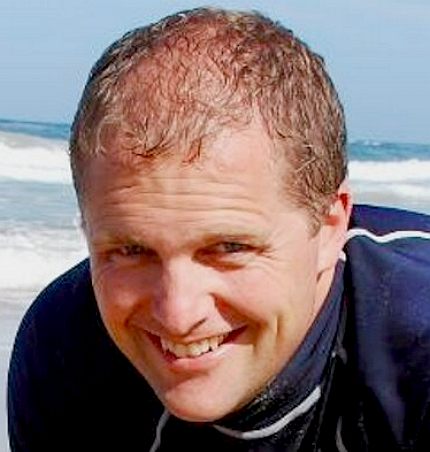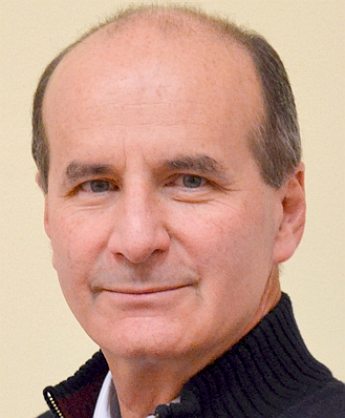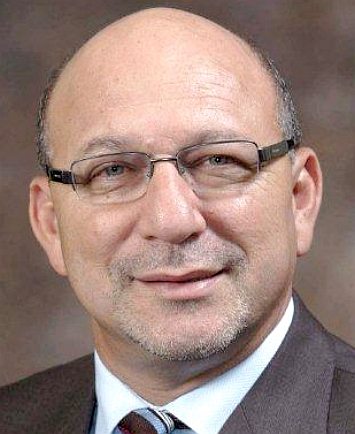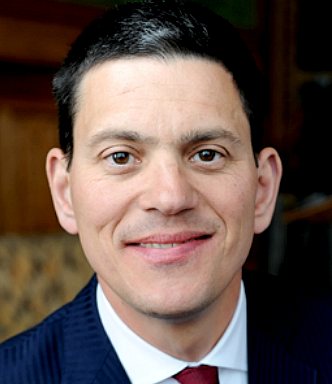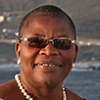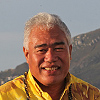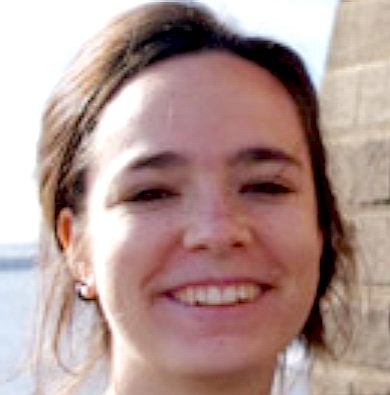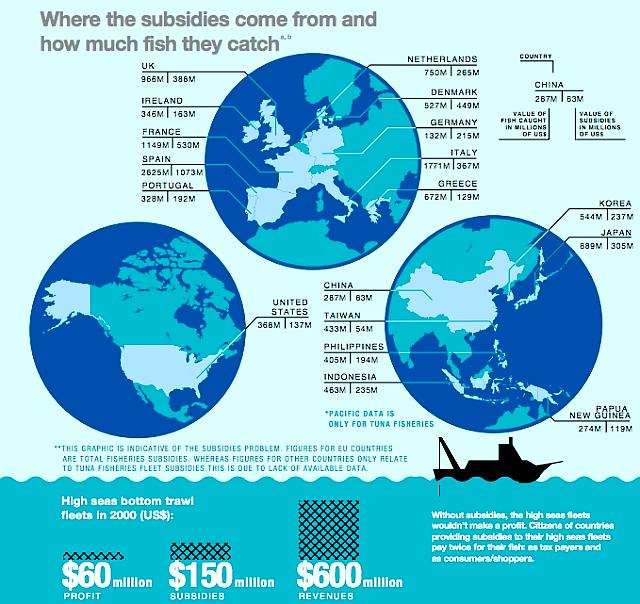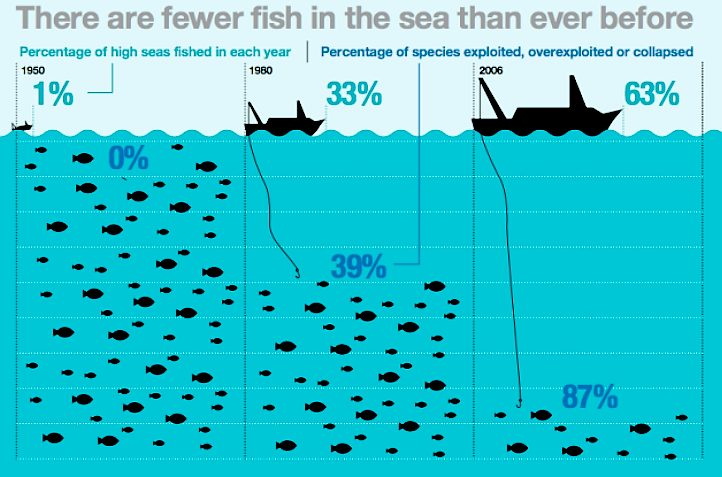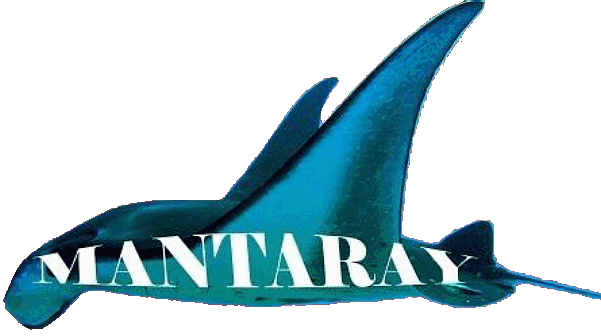|
KRISTIAN TELEKI
|
||||||||||||||||||||||||||||||||||||
|
Kristian Teleki was most recently Vice President of SeaWeb, responsible for its sustainable markets, science and Asia Pacific programmes. He was previously Director of the International Coral Reef Action Network and led the Marine Programme at UNEP-WCMC. Kristian chairs the reference user group of the MEDSEA ocean acidification project, and is on the boards of several environment, development and social initiatives.
While on holiday in Spain Kristian recalled that he watched as his daughter walked down a stretch of sandy beach taking an interest in the Mediterranean shoreline. He watched her stop every so often to collect little items she was finding in the sand and along the surf line. This scene reminded him og his own childhood he did exactly the same thing: picking up stones, driftwood and shells.
THE GOC'S OBJECTIVES
The objective of the
Global Ocean Commission is to address
the issues hereis by formulating ‘politically and technically feasible
short, medium, and long-term recommendations.
The Global Ocean Commission Tel: UK+44 (0) 1865 280747
GLOBAL OCEAN COMMISSIONERS - CO-CHAIRS
THE COMMISSIONERS
RICH COUNTRIES PAY ZOMBIES $5 BILLION A YEAR IN SUBSIDIES TO PLUNDER THE OCEANS
- Without the subsidies, most of these businesses would fail. So thoroughly have industrial fleets
over-fished the seas that they couldn’t afford the fuel to travel the ever-increasing distance needed to catch the same amount of fish if their governments didn’t lavish public funds upon them.
If industrial fleets weren’t subsidized, they’d go out of business. Small-scale fisheries that don’t need enormous amounts of fuel to catch huge hauls of
fish - i.e. the ones using sustainable fishing practices - would then in theory thrive. Many of these fishermen are in poor countries whose governments can’t afford to compete in the industrial looting.
Worse, there’s a double-whammy zombie effect going on in the fishing context. Government subsidies to highly destructive industrial fleets don’t just deprive small-scale fishermen of finite taxpayer dollars and edge them out of the market with cheap prices; they also rob them of current and long-term fishing stocks.
LINKS & REFERENCE
UPI Science News 2014 June group calls for reforms to protect oceans from fishing drilling and pollution Telegraph US-royal-tour-Prince-of-Wales-makes-plea-for-cleaner-oceans Prince-of-Wales-speech-hrh-the-prince-of-wales-event-titled-plastic-the-marine-environment-scaling Daily Mail Charles-horrified-toll-plastic-dumped-sea-Prince-Wales-plea-solve-issue-sake-future-generations The Guardian environment 2015 March 19 Prince-charles-calls-for-end-to-dumping-of-plastic-in-worlds-oceans http://abcnews.go.com/US/wireStory/prince-charles-speaks-dangers-plastic-waste-oceans-29736519 National Geographic news 2014 June Global-ocean-commission-report-high-seas-fishing-environment Virgin leadership and advocacy introducing global ocean commission Wikipedia European_Commissioner_for_Maritime_Affairs_and_Fisheries Reuters 2013 US oceans new global group to clean up National Geographic 2014 global-ocean-commission-report-high-seas-fishing-environment https://uk.linkedin.com/in/kristianteleki https://twitter.com/kristianteleki http://www.seaweb.org/getinvolved/oceanvoices/KristianTeleki.php http://en.wikipedia.org/wiki/European_Commissioner_for_Maritime_Affairs_and_Fisheries http://www.virgin.com/unite/leadership-and-advocacy/introducing-global-ocean-commission http://www.scienceifl.com/ocean-plastic-pollution.htm http://abcnews.go.com/US/wireStory/prince-charles-speaks-dangers-plastic-waste-oceans-29736519 http://www.globaloceancommission.org/ http://time.com/3750375/environment-prince-charles-oceans/ http://news.nationalgeographic.com/2015/03/150318-prince-charles-oceans-trash-plastic-britain/ http://en.wikipedia.org/wiki/Global_Ocean_Commission http://www.itv.com/news/2015-03-18/prince-charles-makes-impassioned-plea-for-oceans-clean-up/
ACID OCEANS - ARCTIC - ATLANTIC - BALTIC - BERING - CARIBBEAN - CORAL - EAST CHINA - ENGLISH CH GULF MEXICO - GOC - INDIAN - MEDITERRANEAN - NORTH SEA - PACIFIC - PERSIAN GULF - SEA JAPAN - STH CHINA PLANKTON
- PLASTIC
- PLASTIC
OCEANS - UNCLOS
- UNEP
- WWF
|
||||||||||||||||||||||||||||||||||||
|
This website is Copyright © 2015 Bluebird Marine Systems Ltd. The names Bluebird™, Bluefish™, SeaNet™, SeaVax™ and the blue bird and fish in flight logos are trademarks. CONTACTS The color blue is a protected feature of the trademarks.
|
